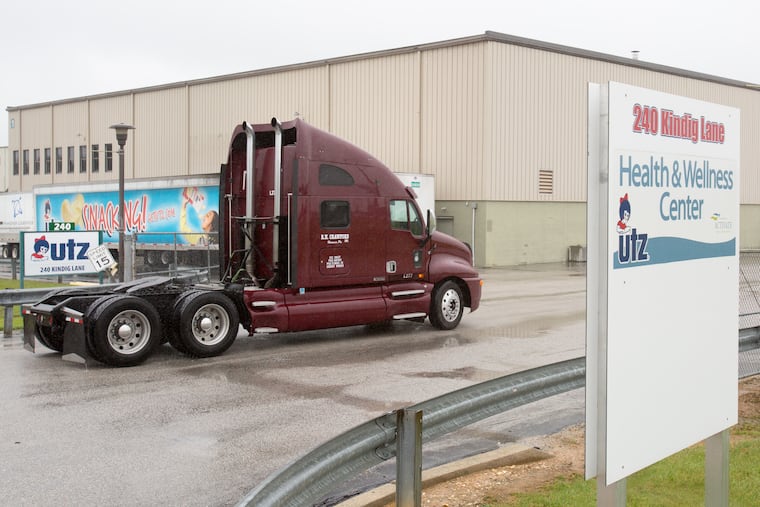How can employers improve healthcare access for workers? Consider worksite clinics | Opinion
Improving access to primary care through worksite and near-site clinics helps employers demonstrate their commitment to maintaining a healthy workforce, save money for the employers, and support employee goodwill and retention.

Healthcare costs continue to rise and the lack of coordinated primary care access is still a challenge, which means millions of employees use the emergency room for basic healthcare. To combat this, self-insured companies are beginning to create their own solutions by partnering or establishing their own health clinics at work locations or near their work locations.
Primary care is essential to prevention and early identification of disease, and has been shown to improve health and lower costs of care, especially by avoiding unnecessary visits to urgent care centers and emergency departments. Improving access through worksite and near-site clinics helps employers demonstrate their commitment to maintaining a healthy workforce, save money for the employers, and support employee goodwill and retention.
At a recent national forum sponsored by the Greater Philadelphia Business Coalition on Health, which brings together 51 employers in Southeastern Pennsylvania, companies of varying sizes from across the country, including Cerner, Comcast/NBC/Universal, and Clemens Food Group, discussed how they are grappling with healthcare access challenges for their employees. They agreed that they must innovate, and one of these innovations is to bring healthcare to their employees. For example, to address primary care access for its 24/7 workforce in Langhorne, Pa., Woods Services, a population health management provider in the intellectual developmental disability sector, established an onsite medical center, which offers free primary healthcare to all its employees.
» READ MORE: Chip-maker Utz opened a primary-care clinic to help employees in ‘Snack Food Capital’ Hanover, Pa., get healthier
The healthcare sector, either on its own or by advocating for policy changes, must address access to healthcare for all. In the meantime, employers must come up with resourceful solutions to support their employees by bringing them healthcare access. Where a worksite clinic is not feasible (i.e. workforce not concentrated in one geographic location), employers can explore options such as retail clinics, near-site clinics, mobile units that periodically visit the workplace, and telemedicine solutions. The important point is that employers should do something to expand access to high-quality primary care.
Tine Hansen-Turton is president and CEO of Woods Services and a member of the Inquirer’s Health Advisory Panel. Neil Goldfarb is president and CEO of the Greater Philadelphia Business Coalition on Health.